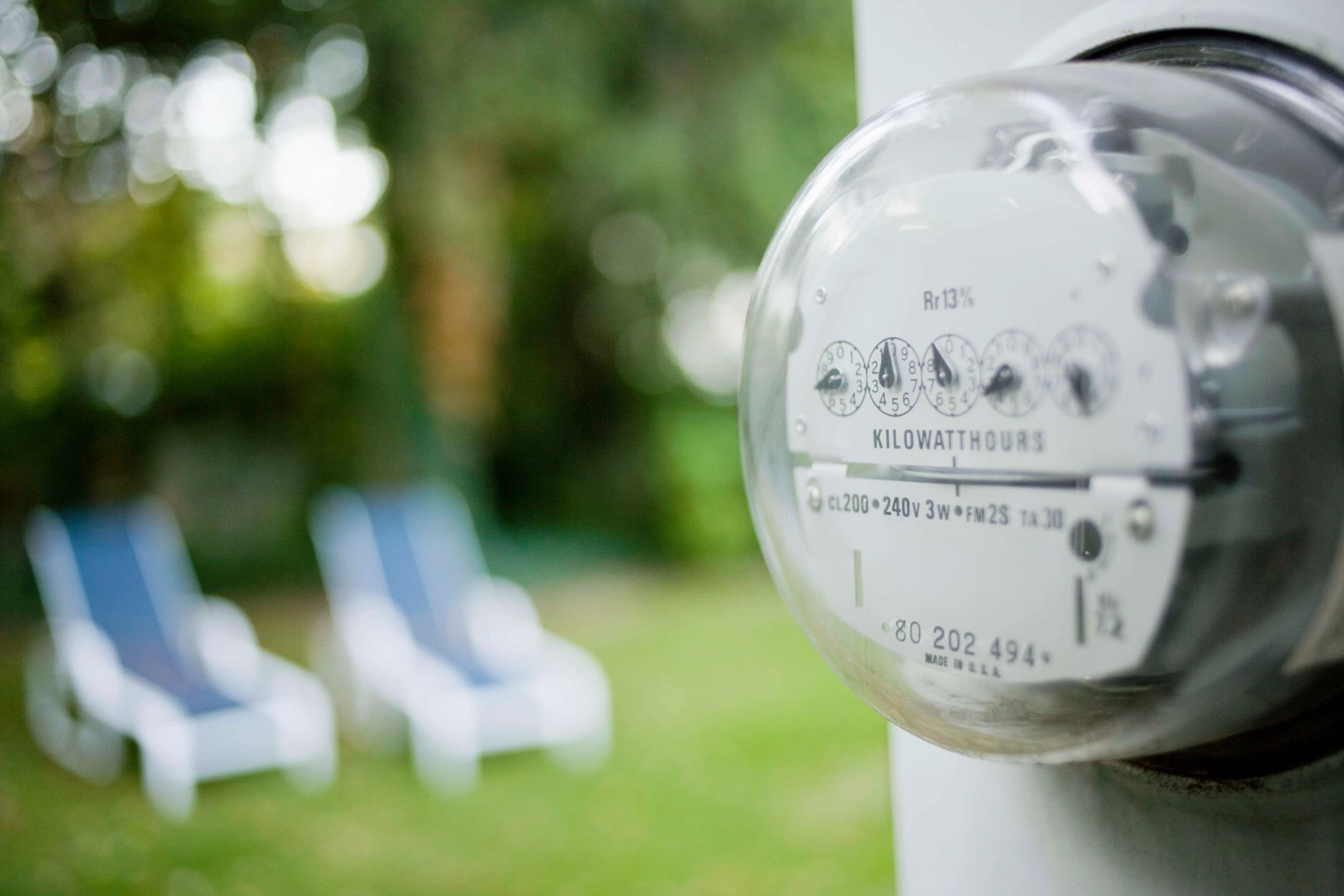Below is our firm’s summary of notable energy regulatory activity at the Virginia State Corporation Commission (“SCC” or “Commission”) during October, 2021. During the last month, among other activity, the SCC reviewed a proposed settlement agreement in Dominion Energy Virginia’s (“Dominion”) 2021 rate case; interested parties filed testimony regarding Dominion’s proposed minimum charges for its shared solar program; and the SCC approved an update to Dominion’s Integrated Resource Plan.
Please contact regulatory attorneys Will Reisinger or Matt Gooch should you have any questions about these cases or Virginia’s energy market. ReisingerGooch PLC provides regulatory and transactional counsel to clean energy businesses, associations, and public interest organizations.
Rate cases, oversight, and resource planning:
- SCC holds hearing regarding proposed settlement agreement to resolve Dominion triennial review rate case – Case No. PUR-2021-00058
On March 31, Dominion filed its 2021 triennial review of base rates and earnings. This triennial review consists of an evaluation of Dominion’s earnings during 2017, 2018, 2019, and 2020. (Beginning in 2024, Dominion’s triennial review will be conducted every three years.) The SCC will evaluate Dominion’s reported earnings during these years to determine whether the utility earned above or below its authorized rate of return on common equity (“ROE”) of 9.2%. Virginia law allows Dominion to earn up to 70 basis points (0.7%) above its authorized return without issuing any refunds to customers. If, however, the SCC finds that Dominion earned above this 0.7% earnings “collar” (i.e., above 9.9%), the SCC could require Dominion to issue customer refunds for a portion of the overearnings amount.
On October 18, Dominion filed a proposed stipulation that, if accepted by the Commission, would resolve all disputed issues in the rate case. The proposed settlement agreement was signed by the SCC Staff and most of the intervening parties. The agreement calls for a total of $330 million in customer refunds; a $50 million going-forward rate cut; a small increase to Dominion’s current ROE; and accelerated recovery of approximately $900 million in costs associated with coal units that were retired early.
The Commission held a hearing on October 25 for the purpose of reviewing the stipulation. The Commission can accept or reject the proposed settlement agreement.
- SCC approves Dominion 2021 Integrated Resource Plan update – Case No. PUR-2021-00201
On September 1, Dominion filed an update to its most recent Integrated Resource Plan (“IRP”). Dominion and Appalachian Power file full IRPs every three years, but are required to file “updates” in the intervening years. Dominion states that the updated document includes new “long-term planning assumptions, including load forecasts, commodity prices, and projected costs of future resources, and has incorporated a social cost of carbon.” Dominion also states that its IRP update “is an interim update meant for use as a long-term planning document based on a ‘snapshot in time’ of current technologies, market information, and projections, and should be viewed in that context, not as a decision to pursue any particular project or action.”
The SCC did not find Dominion’s 2020 IRP to be reasonable. In its final order, the SCC cited many of the concerns raised by the SCC Staff and respondents. The SCC stated that it “cannot conclude, based on the record in this proceeding … that Dominion’s 2020 IRP, as filed, is reasonable and in the public interest for purposes of a planning document.”
On October 28, the SCC published an order approving Dominion’s 2021 update. The SCC found the IRP update to be “legally sufficient.” The Commission noted, however, that its order “does not express approval … of the magnitude or specifics of Dominion’s further spending plans.”
- SCC publishes hearing schedule for proposed Dominion rate adjustment clause to recover costs associated with investments at nuclear facilities – Case No. PUR-2021-00229
On October 5, Dominion filed a petition seeking SCC approval of a new rate adjustment clause (“RAC”) related to four of its nuclear units. The petition states that the proposed RAC is intended to recover the costs associated with extending the licenses for four nuclear units at the Surry and North Anna facilities. Dominion also proposes to undertake various capital improvement projects at the units. Dominion states that nuclear energy represents 33% of the company’s total generation portfolio and 90% of its carbon-free generation.
Virginia Code Section 56-585.1 A 6 allows Dominion and Appalachian Power to request approval to recover generation facility costs through RACs as opposed to through their base rates. Dominion estimates total spending of $3.9 billion, $1.2 billion of which would be recovered between 2022 and 2024.
Dominion states that the rider, if approved, would increase the monthly bill for a residential customer using 1,000 kWh by $2.11.
An evidentiary hearing is scheduled for April 27, 2022. Interested parties may intervene by filing a notice of participation on or before January 3, 2022.
- SCC publishes procedural schedule for Kentucky Utilities rate increase request – Case No. PUR-2021-00171
On August 31, Kentucky Utilities, doing business as Old Dominion Power (“KU/ODP”), filed a request for a $12.2 million increase in rates. The rate increase equates to an 18.1% increase in total operating revenues. According to the utility, the proposed increase would raise the monthly bill of a residential customer using 1,000 kilowatt hours per month by $24.20, from $123.28 to $147.48, an increase of 19.63%. The application states that the rate increase is necessary due to the utility’s “continuous significant investments in facilities to provide safe, reliable access to low-cost energy in accordance with applicable environmental regulations.” The utility also says that lower electricity sales means it is not recovering its authorized rate of return. The Commission approved a $9 million rate increase for KU/ODP in April 2020 in Case No. PUR-2019-00060.
KU/ODP is the smallest of three investor-owned electric utilities operating in Virginia, serving about 30,000 customers in Scott, Lee, and Wise Counties. KU/ODP, unlike Dominion and Appalachian Power Company, is regulated under Chapter 10 of Title 56 of the Code of Virginia.
An evidentiary hearing will be held on March 10, 2022. Interested parties may intervene in this case on or before November 12.
Renewable energy, efficiency, and new energy infrastructure:
- SCC Staff files direct testimony regarding minimum bill for Dominion shared solar program – Case No. PUR-2020-00125
On July 23, 2021, the SCC established a procedural schedule to review Dominion’s minimum bill proposal for the shared solar program established by 2020 legislation. The legislation requires the SCC to promulgate regulations allowing customers of Dominion to participate in a solar subscription program. This program will allow the customers (“subscribers”) to purchase the output from a solar facility or facilities up to 5 MW in size owned by a third party. Per the statute, the minimum bill is “an amount… that subscribers are required to, at a minimum, pay on their utility bill each month after accounting for any bill credits.” The minimum bill is intended to ensure that subscribers still pay necessary costs to maintain the electric distribution system.
On September 21, Dominion filed direct testimony supporting its minimum bill proposal. Under Dominion’s proposal, customers would continue to pay all standard service charges, but would receive monthly bill credits based on the market value of the solar generated. Dominion states that the estimated typical minimum bill, excluding administrative charges, for a residential customer assuming a 1,000 kWh subscription, would be $74.28. On October 5, the Coalition for Community Solar Access and the Chesapeake Solar and Storage Association filed direct testimony recommending a minimum bill of $7.58. The solar advocates support a minimum bill that is a fixed monthly amount, rather than the volumetric charge proposed by Dominion. On October 12, the SCC Staff filed its direct testimony. Staff provides two volumetric-based minimum bill options for the Commission’s consideration. Staff’s “Option A” would incorporate Dominion’s basic customer charge and several non-bypassable riders, resulting in a minimum bill of $10.95 for a 1,000 kWh customer. Staff’s “Option B” would require shared solar customers to contribute more towards Dominion’s transmission and distribution costs, resulting in a total minimum bull for a 1,000 kWh customer of $55.10.
Dominion filed its rebuttal testimony on October 19. Dominion opposes the minimum bill proposed by the solar advocates, arguing that the proposal would not allow Dominion to fully recover its distribution costs. The SCC will hold an evidentiary hearing on November 18. Public comments can be filed on or before October 27.
- SCC approves Appalachian Power rate rider for Grayson County broadband expansion – Case No. PUR-2020-00259
On January 28, Appalachian Power (“APCo”) filed a petition requesting a new rate adjustment clause associated with its efforts to expand broadband service in Grayson County, Virginia. 2019 legislation, codified in Va. Code § 56-585.1:9, authorizes APCo to offer broadband services in areas without a broadband provider. APCo states that its broadband expansion efforts will benefit its customers because it will use the fiber infrastructure to improve the quality and reliability of electric service in Grayson County while providing a communications platform for grid improvements, such as advanced metering infrastructure. The Commission approved APCo’s broadband expansion proposal in March of 2020, but did not approve any proposal for cost recovery.
On October 21, the Commission approved the rider. The Commission approved an annual revenue requirement of $4.9 million for the rate year beginning December 1, 2021. The new rate rider will result in a $0.54 increase to the bill of a residential customer using 1,000 kWh per month.

Will Reisinger is an attorney specializing in energy law and policy. Will advises clean energy companies, citizens, and non-profit organizations regarding regulatory, business, and policy matters. He represents clients before the Virginia State Corporation Commission and the Virginia General Assembly. Prior to entering private practice, Will served as an assistant Virginia attorney general and as a staff attorney for a non-profit environmental organization.


